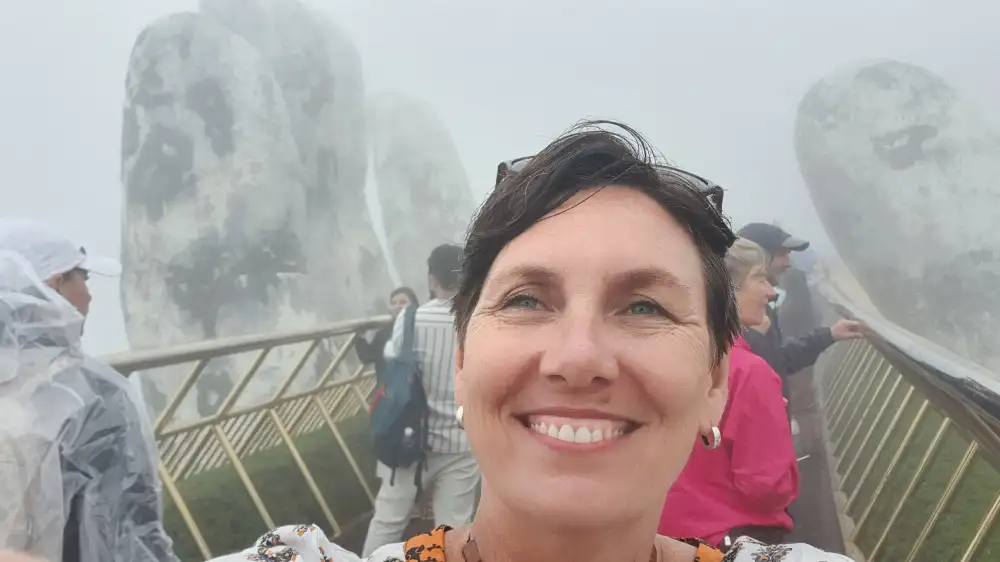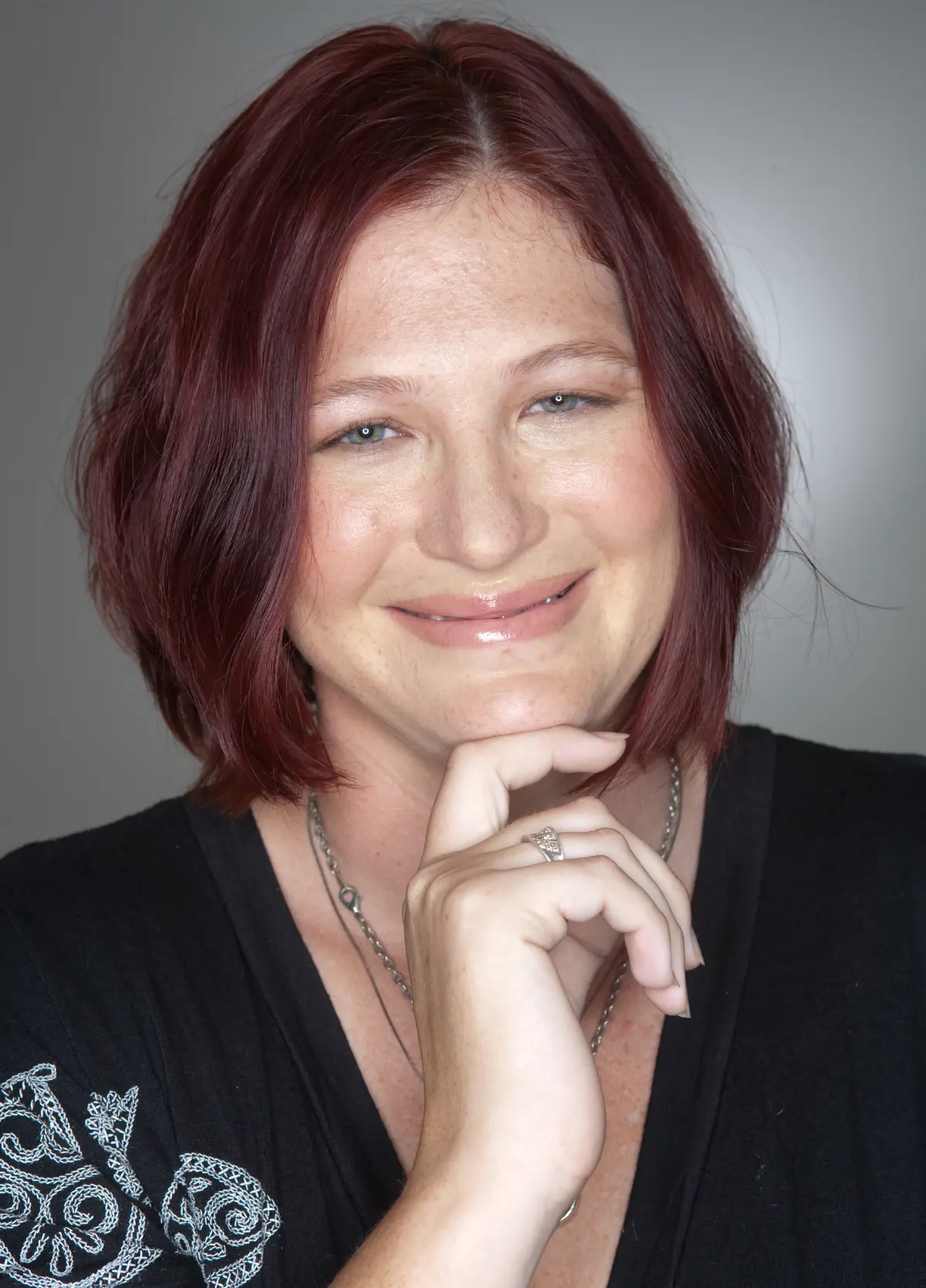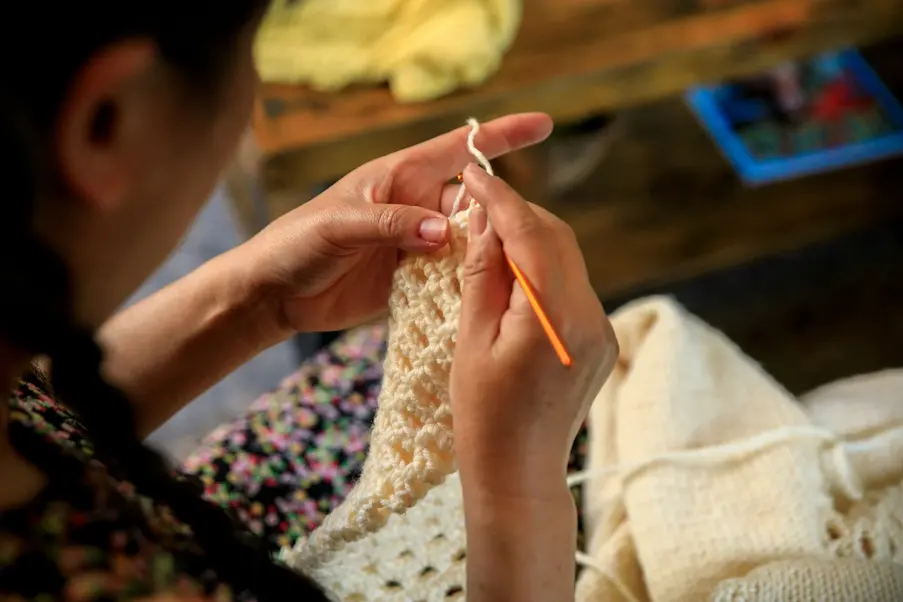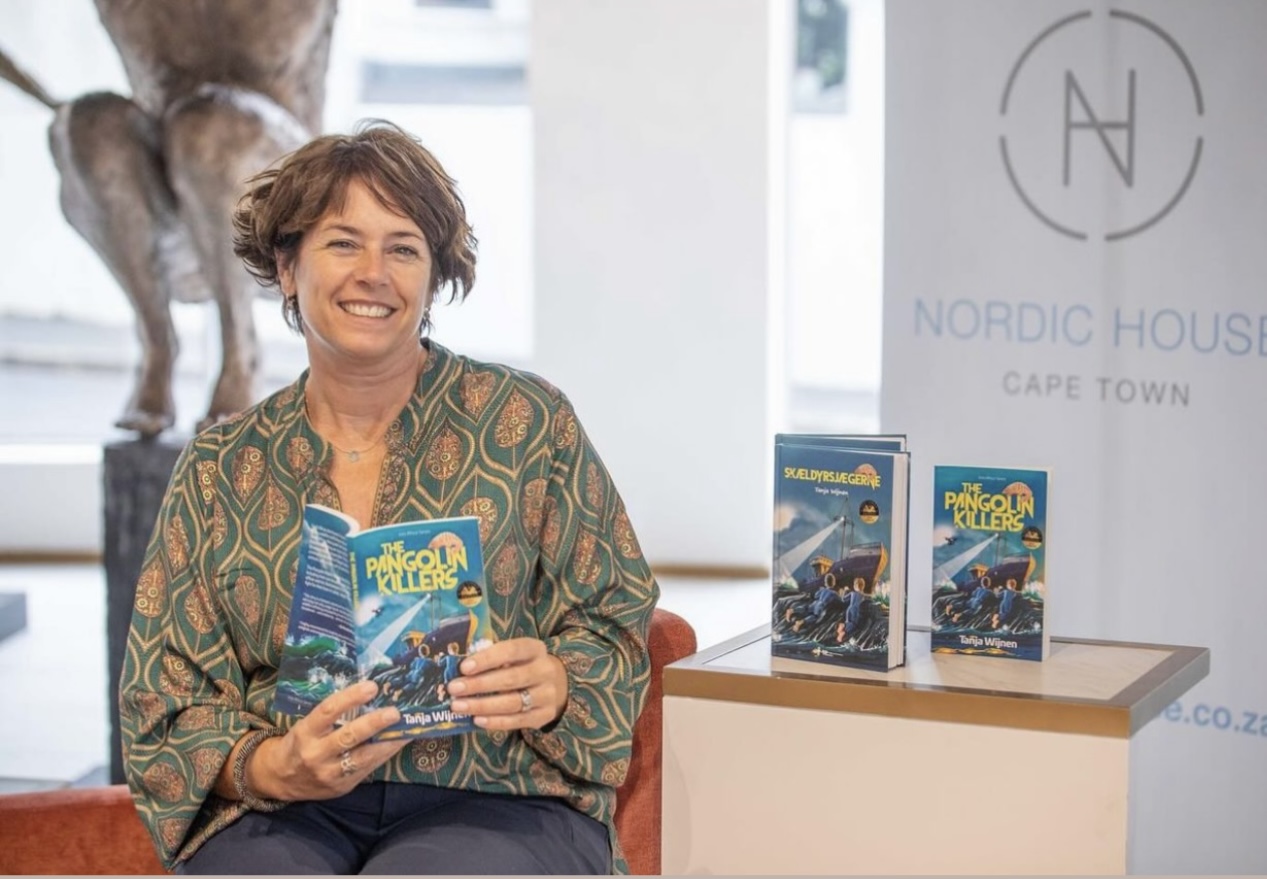Erica Booysen, scriptwriter for beloved South African children’s shows, delves into the essentials of writing great scripts and provides valuable insights for aspiring scriptwriters.
Erica Booysen has been a scriptwriter for more than 25 years and has written well over 4,000 hours of scripts. From dramas to magazine shows, she’s written it all. She spent many years writing and producing children’s shows like Thabang Thabong and Jakkals Jol for the South African Broadcasting Commission. JENNA KIRKBY uncovers how this popular scriptwriter has achieved such success.
Q: How did you get started in the field of scriptwriting?
A: I’ve loved writing since I was a little girl. My career in the television industry started when I just did admin. I was a runner: I fetched things. It developed over the years and slowly started including things like scriptwriting. So, it took some time to get into the field.
Q: How do you decide what to write about? Where do you get your ideas?
A: Scriptwriting is quite different from writing a book or an article. You’re told what to write. You’re given a general theme, and you have to write a story related to that theme. Then, you have to think about how you can make the story and interactions between the characters interesting.
Q: What challenges do you face during the writing process? How do you overcome them?
A: One of the biggest challenges when writing a script is to envision what you want the actors to be doing. You need to hear the voices in your head and visualise what they’re physically doing. You aren’t only writing the words they’re saying, but the actions they’re doing and the emotions they’re showing.
Writer’s block is another big one. I take a walk to take my mind off things. When you get to that wall, don’t stop and think, ‘Okay, I’ll do it tomorrow.’ You must learn how to push emotions aside. You don’t have to feel motivated; you just have to do the job, especially when you’ve got a deadline. But I find scripts like that are just good scripts, not great.
Q: What do you believe distinguishes a good script from a great one?
A: A good script doesn’t capture viewers’ attention. A great script is when people remember it. If you know your characters well, they will feel real and memorable. You can also see on set when a script is great. When the actors have fun, and the crew has fun, love gets poured into the script. That becomes a great script.
Q: How do you approach character development?
A: Characters become alive to you. The more you write about them, the more they become so real that you remember what they did yesterday – because of that, they might act differently now. It’s so important to keep track of what your characters have done. Your audience remembers those things, and if a character says something out of line, viewers will pick up on that. Get to love your characters, and they will develop themselves.
Q: How easy is it to make a living as a scriptwriter?
A: It’s hard getting into the television or movie industry. But if that’s your passion, start working in the industry. Work as a runner or a cleaner or anything if you can’t find work as a writer. Get to know the characters. Watch the show a thousand times and then write a spec script. You can make a living no matter what your passions are, but it takes perseverance and hard work.
Q: Can you share any tips or advice for aspiring scriptwriters who are just starting out in the industry?
A: Don’t get too complicated. New writers tend to add too much to their writing. Conversations aren’t like that. They’re quick and snappy. Think about real-life conversations and have someone read the script with you. Does it feel natural when you say the words out loud? You must remember the looks, body language and expressions that add to your words.
And don’t be too precious about your work. A lot of times, you’ll find that the director will change the script on set. The actors will definitely change your script. And that’s great because they have to make it their own. That’s why scriptwriting is so different from other writing.
Q: What’s the most important writing tip you’ve received?
A: The best tip I ever got was from my mom. She said I must have skin like a rhinoceros. Have thick skin; don’t get offended so easily. When you get criticism or feedback, be honest with yourself. You need to be objective about yourself and your writing. That will only develop you as a writer. So, be objective, take that criticism and use it to make yourself better.
About the Author
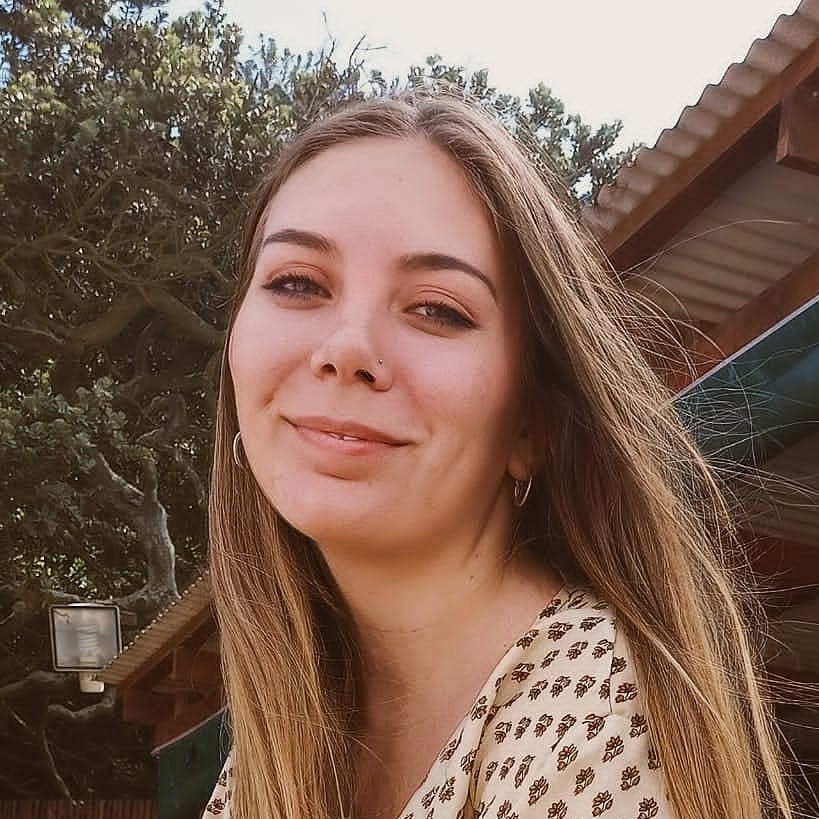
Jenna Kirkby is a freelance writer and English Second Language teacher. She has her own blog, The Weekend Project, which covers topics such as travel, hobbies and teaching English. She’s an avid traveller and loves reading fantasy novels in her spare time.

